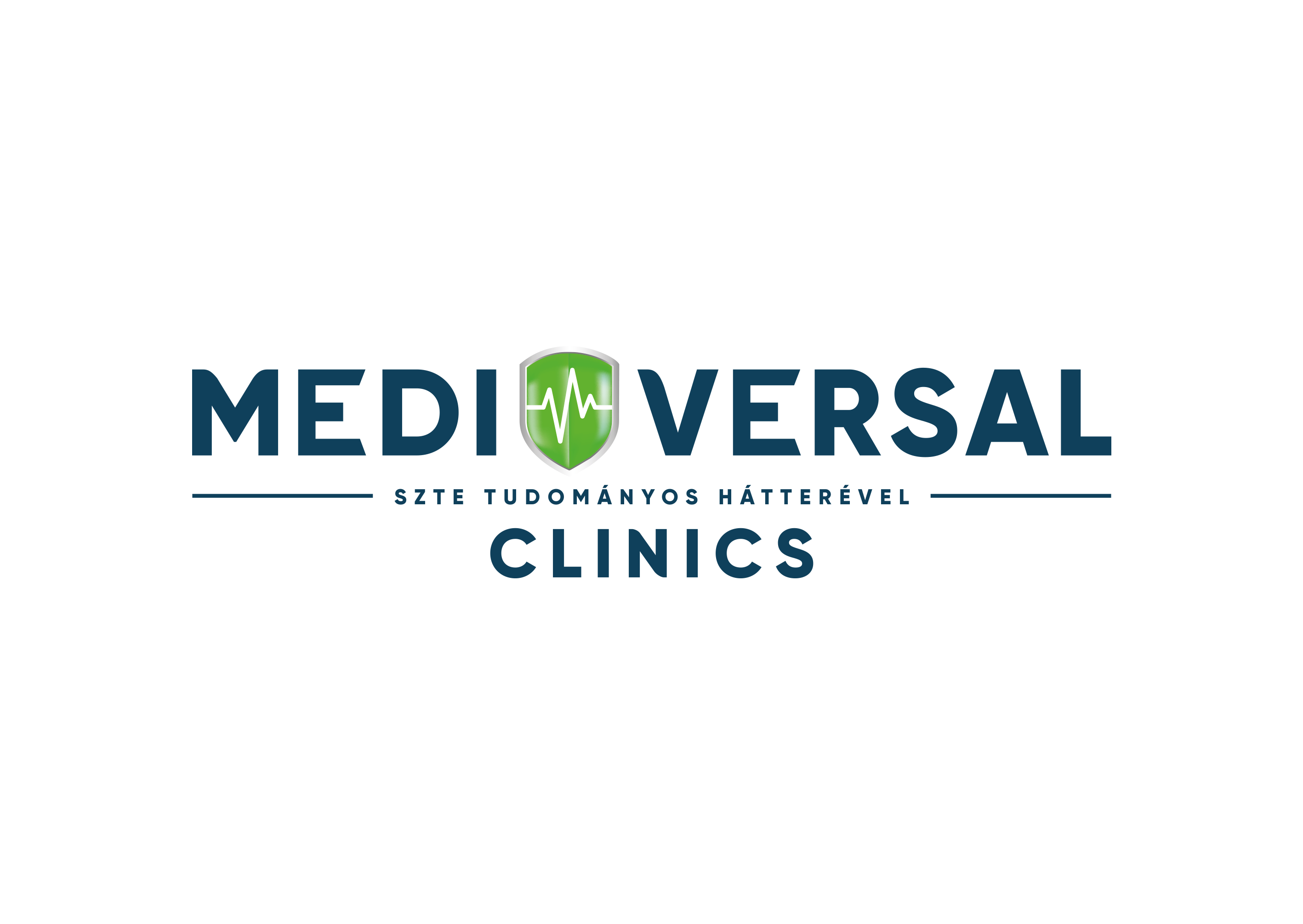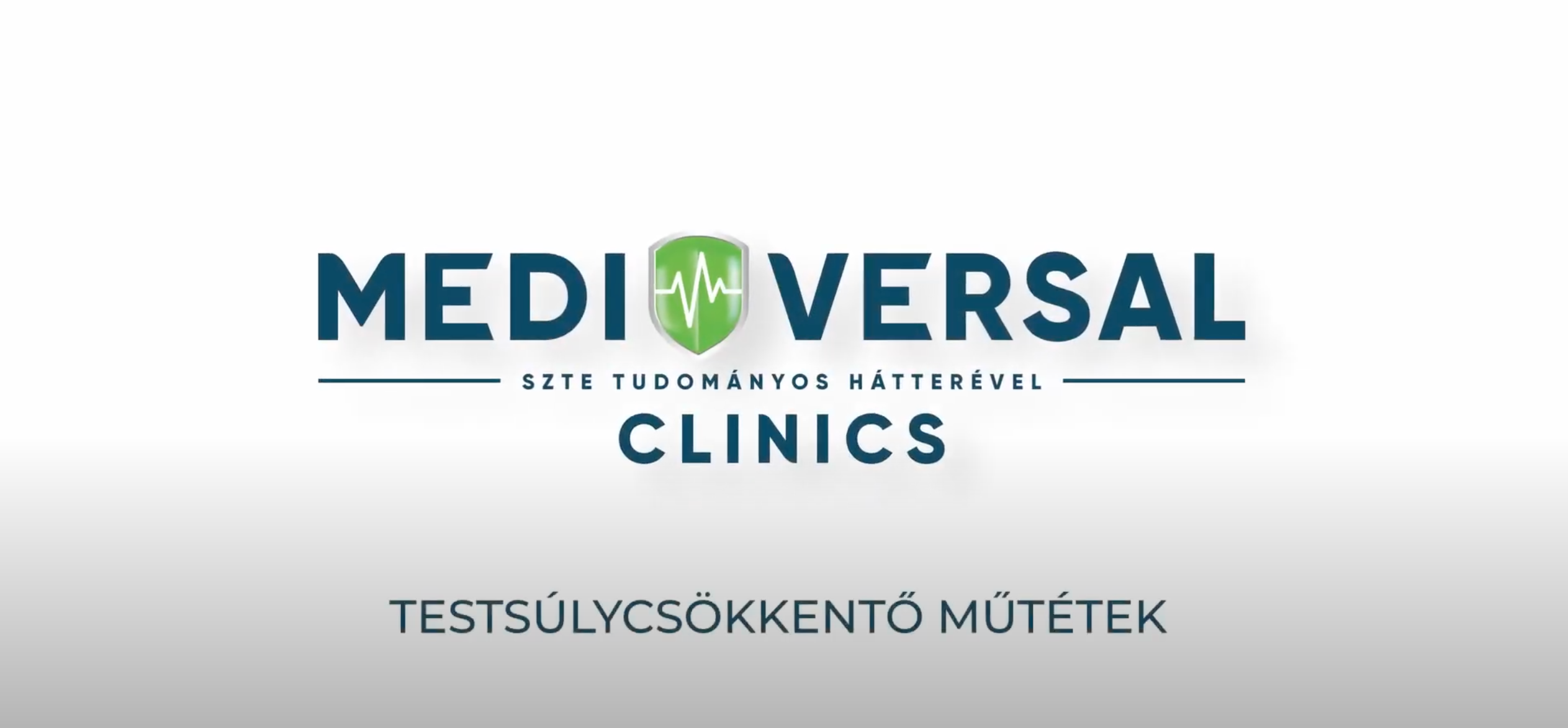Advanced weight-loss interventions
Bariatric surgeries
There is a solution
For many people, a strict diet and long hours on a treadmill don't provide the expected results. In such cases, a weight-loss bariatric intervention,one of the most effective ways to treat obesity, may just be the answer.
This is custom heading element
Obesity as a disease
Obesity is a global issue; according to data from year 2020, 23% of women and 20% of men struggle with obesity in Europe, with increasing trends.
Chronic obesity and the accompanying diseases, such as type 2 diabetes, asthma, and depression are significant contributors to decreases in life expectancy of up to 10 years..
Early identification and treatment of the issue is essential to living a long and balanced life.
Obesity is accompanied by an increased risk of developing cancer in areas such as:
OVARIES

BREASTS

KIDNEYS

PROSTATE

OESOPHAGUS

LARGE/SMALL INTESTINES

Bariatric surgery as a solution
The first bariatric surgery was performed in 1966. Over the past decades, weight-loss surgeries have seen great improvements and increases in precision, and by now advanced interventions with amazing results are available for people struggling with obesity.
A súlycsökkentő műtéti beavatkozások után a páciensek átlagosan túlsúlyuk 70%-t adják le.
Mediversal Clinics now offers two of the most popular and successful types of weight-loss surgeries.
We aim to give people struggling with obesity a new chance, all in a professional environment and with the help of our experienced colleagues and specialists.

Life after surgery
Obesity facilitates the development of plenty of accompanying diseases, which may almost completely disappear following bariatric intervention. The most common positive side effects of bariatrics include the following*:
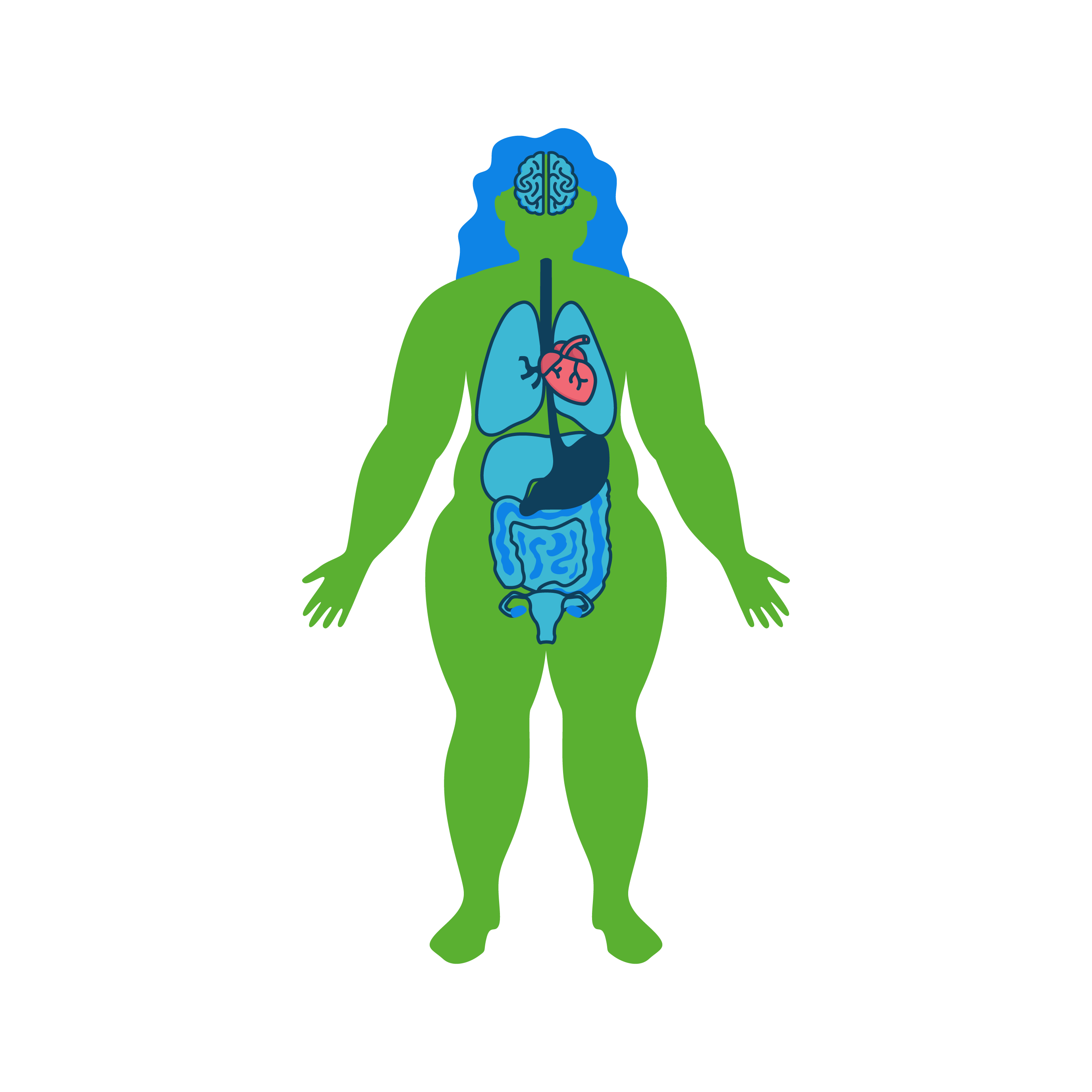
MIGRAINE
Resolved in 57% of cases
DEPRESSION
Resolved in 55% of cases
PSEUDOTUMOUR CEREBRI
Resolved in 96% of cases
SEVERE SLEEP DISORDER
Resolved in 74–98% of cases
ASTHMA
Improved or resolved in 82% of cases
CARDIOVASCULAR DISEASES
Risk of development decreased in 82% of cases
DYSLIPIDEMIA, HYPERCHOLESTEROLAEMIA
Resolved in 63% of cases
HYPERTENSION
Resolved in 52–92% of cases
NON-ALCOHOLIC FATTY LIVER
Steatosis improved in 90% of cases, while inflammation and fibrosis was resolved in 37% and 20% of cases, respectively.
METABOLIC SYNDROME
Resolved in 80% of cases
REFLUX DISEASE
Resolved in 72–98% of cases
TYPE 2 DIABETES
Resolved in 83% of cases
STRESS INCONTINENCE
Resolved in 44–88% of cases
POLYCYSTIC OVARY SYNDROME
Hirsutism (excessive hairiness) and menstrual dysfunction resolved in 79% and 100% of cases, respectively.
DEGENERATIVE JOINT DISEASES
Resolved in 41–76% of cases
VENOUS DISEASE
Resolved in 95% of cases
*Source: Brethauer SA, Chand B., Schauer PR, Risks and benefits of bariatric surgery: Current evidence, Cleveland Journal of Medicine, vol. 73, 2006.
Positive changes after bariatric surgeries
The doctor replies – What are bariatric surgeries like?
Bariatric surgery types
Mediversal Clinics now offers two of the most popular and successful types of weight-loss surgeries.
Tube stomach surgery
Sleeve-Gastrectomy
About the intervention
During tube stomach interventions, the stomach volume is reduced to decrease the intake of food quantities.
How is the intervention performed?
During the surgery, a tube-like stomach is created compared to the original stomach size, removing about 80% of the abnormally enlarged stomach.
Benefits
- Removing a part of the stomach decreases not only the feeling of hunger but the reduced stomach surface also restricts food intake.
- The chance for complications is reduced.
- Lower ghrelin* levels decrease the feeling of hunger.
*Ghrelin: a peptide hormone secreted mainly by digestive organs; its main function is to elicit hunger and to store energy as glycogen in fatty tissues.
Stomach bypass surgery
Gastric Bypass
About the intervention
The intervention significantly reduces the size of the stomach and a segment of the small intestine is excluded from the food pathway, thus preventing absorption of nutrients.
How is the intervention performed?
During the surgery, the stomach is divided into two parts. Only a small fragment created from the upper part of the stomach, the “stomach pouch” stays connected with the oesophagus.
The stomach pouch is linked to a small bowel loop (the Roux loop) and thus the small bowel segment transporting bile and pancreatic juice (biliary loop), where no food reaches, remains 100 cm long.
Benefits
- Since the stomach pouch is small, only a small amount of food can be consumed, and absorption of this small amount is limited as well.
- Lower ghrelin* levels decrease the feeling of hunger.
*Ghrelin: a peptide hormone secreted mainly by digestive organs; its main function is to elicit hunger and to store energy as glycogen in fatty tissues.
Which surgery is recommended for me?
As all cases are obviously inherently unique, the type of intervention can only be chosen after thorough medical evaluations and patient-physician consultations, during which our experienced specialty physicians will share all the relevant information and advice with you.
The bariatric treatment process:
- Consultation with a specialty physician:Thorough medical examination and discussions of the details of surgery.
- Dietary consultation:Personalized dietary advice.
- Psychological consultation:Supporting mental preparation.
- Physiotherapy consultation:Assessment of musculoskeletal status.
- Consultation with the anaesthesiologist:Evaluation of the patient’s conditions before general anaesthesia.
- Endocrinology and diabetology consultation:Checking hormonal status.
- Dietary consultation:Assessment of eating habits and setting up a full diet.
- Cardiology examination:ECG and cardiac ultrasound.
- Gastroscopy:Abdominal CT scans, gastroscopy, and colonoscopy.
- Chest X-ray:Checking lung and chest status.
- Laboratory tests:Complete blood count and other essential parameters.
In addition, you will need to follow a liver shrinkage diet for 2–4 weeks before the surgery, which will be set up by a dietitian.
01
For stomach bypass surgery:
Surgery will be performed under general anaesthesia, via laparoscopy, during which the surgeon makes five tiny incisions (of 5–10 mm) on the abdominal wall. The surgery will be carried out with tools and instruments introduced through these holes. The duration of the surgery typically varies between 90 and 180 minutes, during which the operating team performs the stomach bypass using surgical gut sewing machines. Stomach volume is significantly diminished with the intervention, thereby altering food pathway and absorption. As a result, the patient will be able to eat less food, of which only a smaller amount will be absorbed.
For tube stomach surgery:
The creation of a tube stomach involves the removal of a large part (about 80–90%) of the stomach, using instruments introduced into the abdominal cavity through 4–5 incisions made in the abdominal wall. Only a narrow “tube stomach” with a diameter of about 2–3 cm and a capacity of about 150–200 ml is created from the stomach, meaning the patient will be able to eat only smaller quantities of food. After that, the removed stomach part is taken out. Advantage of this technique is that consumed food will bring about a feeling of fullness more quickly and it will last for a longer time. The patient will experience less hunger since cells producing “hunger hormones” are also removed together with the removed stomach part.
02
03
04
Please join our community to remain informed about inspiring success stories and interesting facts!
More information
Full patient care, even after surgery
The bariatric programme of the Mediversal Surgery Clinic is special in that patient care does not end with the surgical intervention. This programme aims to provide full care for patients, including thorough preparation before and rehabilitation after surgery and long term follow-up. An individual, customized programme is elaborated for each patient, including medical, psychological, dietary, and physiotherapy care. This holistic approach ensures that patients get all the support needed for successful recovery and for maintaining a healthy lifestyle.
The service offers high-level patient safety, guaranteed by the academic background of the Szeged University and the most advanced equipment. During the first days after surgery, patients are rehabilitated in special wards, where comfort and safety is ensured by state-of-the-art bariatric beds and patient mobilising equipment. This programme also offers long term follow-up that last for months, meaning patients receive continuous support even after surgery.
Special offers of this programme:
- Complex preparation: Months of assessment and preparation for surgery, including medical, psychological, and dietary consultations.
- Special wards and equipment: Modern, high load-bearing beds, and patient mobilising equipment during rehabilitation.
- Continuous follow-up: Long term follow-up and support for months after surgery.
- High-level patient safety: Proximity of the intensive care unit and one-to-one nurses ensure maximum patient safety.
- Individualised care: One-to-one nurses and customised programmes for faster and more efficient patient recovery.
Mediversal Surgery Clinic physicians and personnel have acquired high levels of skills through international trainings, such as in Boston and Krakow. During these trainings, they gained in-depth knowledge on patient preparation, surgical techniques, and postoperative rehabilitation. This ensures that patients receive the most advanced and the best care.
What are the side effects of the therapy?
As with all surgical interventions, weight-loss surgeries may also have side effects. However, it should be emphasised that the safety of weight-loss surgical interventions is similar to that of other abdominal surgeries (such as removal of gall bladder) and of hip replacement surgery.
Possible side effects:
- Nutritional deficiency: Since surgery modifies the digestion process, patients often develop vitamin and mineral deficiencies.
- Food intolerance: Some foods, especially ones with high fat or high sugar contents, may cause digestive issues.
- Excess skin: Skin may become saggy as a consequence of rapid weight loss, which may cause aesthetic problems and discomfort.
- Gastrointestinal issues: Heartburn, nausea, vomiting, and constipation often occur.
- Digestive disorders: Because of diminished stomach size, the amount of food intake becomes restricted, which may lead to digestive disorders.
- Surgical complications: As with any operation, bariatric surgery may also pose the risk of complications such as infections or bleeding.
Complications may vary depending on the type of the bariatric surgery and the patient’s individual state of health. Our consultant physicians provide detailed information about these risks and help with appropriate after care.
Premium environment – Introducing our Clinic and wards
Have a look at our photo gallery, where you can get an insight into the modern wards at our Clinic and the comfortable environment we offer our patients. These photos show our state-of-the-art equipment, which facilitates faster recovery and more efficient rehabilitation. Take a virtual tour of our wards and become acquainted with the conditions that contribute to the high-level care and recovery of our patients.
The doctor performing the surgery:

Expertise
- Breast surgery (removal of palpable and non-palpable breast tumours, sentinel node biopsy)
- Minimally invasive surgical procedures (laparoscopic biliary surgery, treatment of reflux disease, laparoscopic removal of benign and malignant colon tumours)
- Gastric and oesophageal surgery
- General surgery (thyroid, abdominal hernia, etc.)
Language skills
- English
Other members of the professional team:
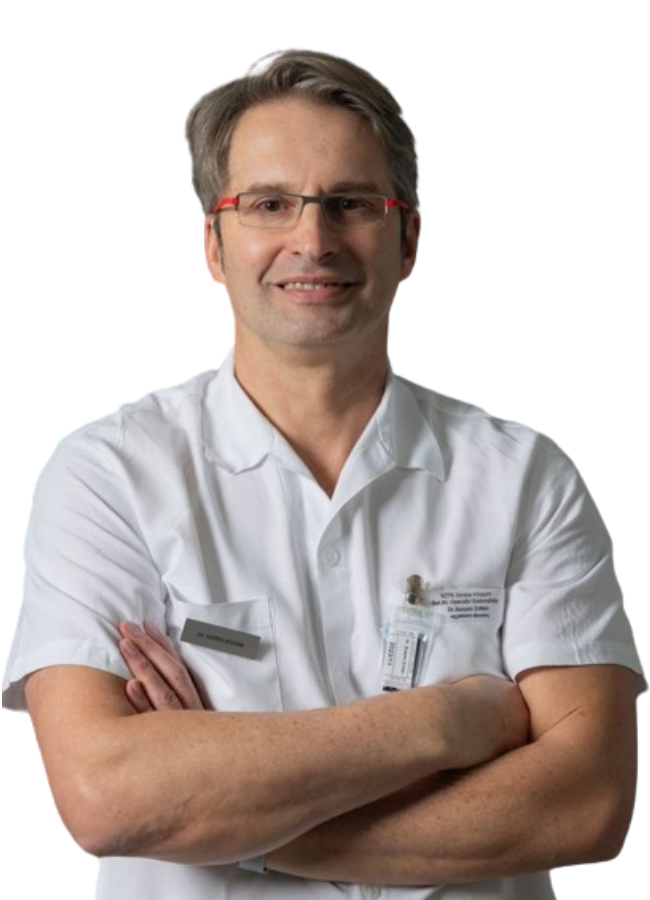
Specialities
- Diagnostic and operative gastroscopy (e.g. polypectomy, stenting, APC etc.)
- Diagnostic and operative colonoscopy (e.g. polypectomy, stenting, APC etc.)
- Endoscopic ultrasound (EUS) and fine-needle aspiration/biopsy (EUS-FNA/FNB), EUS-guided interventions (e.g. ablation, CPN, opening of cysts)
- Endoscopic retrograde cholangiopancreatography (ERCP)
- Endoscopy of the biliary tract (cholangioscopy – SpyGlass)
- Balloon-assisted enteroscopy
Language skills
- English
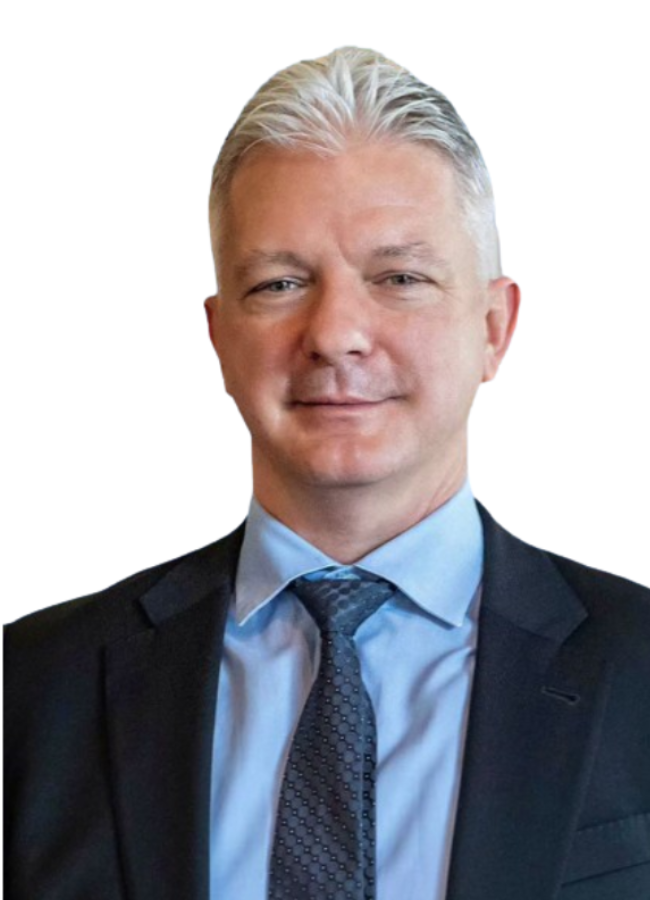
Specialities
Treatment of cardiac arrhythmias:
- Atrial fibrillation (AF)
- Atrial flutter
- Supraventricular tachycardia (SVT)
- Ventricular fibrillation/tachycardia
- Inherited heart conditions
- Cardiomyopathies
Interventions:
- Catheter ablation
- Pacemaker implantation
- Defibrillator implantation
- Resynchronixation therapy
Language skills
- English
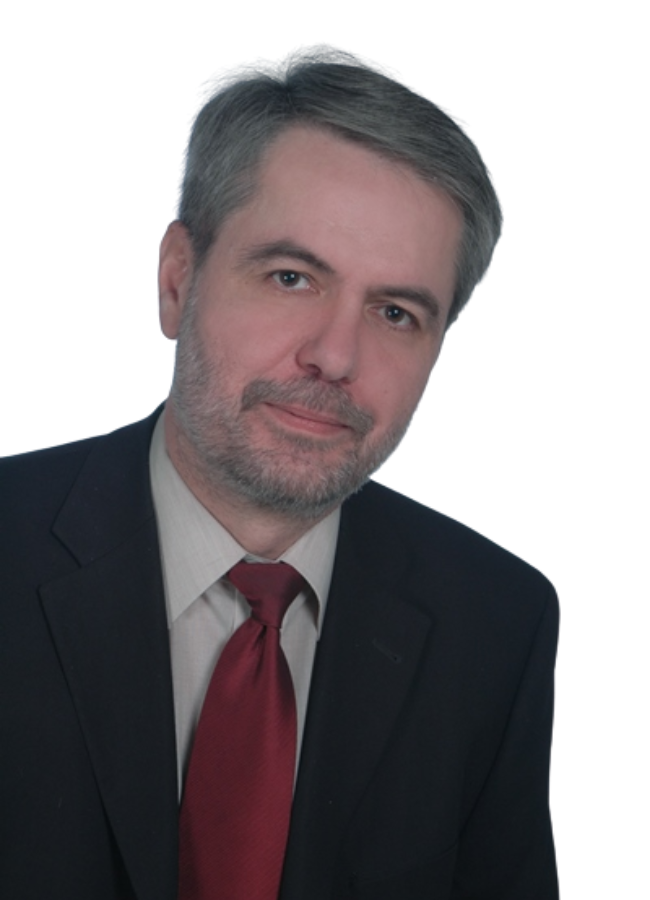
- Non-invasive examination of heart diseases
- Echocardiography
- Cardiovascular risk assessment
- Diagnosis and adjustment of hypertension
- ECG, cardiac ultrasound Stress echocardiogram
- Blood pressure monitoring, blood sampling
Language skills
- English
- Italian
- German
- Serbian

- General internal medicine, cardiology tests
- Exercise ECG
- Holter ECG
Consultations
- Cardiology consultation
Language skills
- English
- German

My main area of interest in the care of athletes is exercise stress diagnostics. As a student of Professor Somfay, I study the factors influencing not only the performance of patients but also that of healthy persons and the impact of physical training on it. I endeavour to provide athletes and their coaches with information that can be integrated into practical work, which provides a reliable basis for optimising training work and determining a health adapted workload.
Examinations
- Exercise stress test diagnostics
- Exercise ECG on treadmill, bicycle stress test
- Echocardiography (heart ultrasound)
- Holter ECG
- ABPM (24 hour blood pressure monitoring)
Language skills
- English


- Examination of psychic factors influencing health behaviour
- Health-psychological interventional opportunities in the field of lifestyle change
- Complex biopsychosocial examination of female patients operated with malignant breast cancer
Expertise:
- Health-psychological intervention for patients with chronic diseases
Language skills:
- English



About our clinic
Mediversal Egészségügyi Szolgáltató Kft. is a private healthcare facility owned entirely by the University of Szeged. Thanks to our unique clinical background, the outpatient and inpatient care we provide and the laboratory and imaging diagnostics we offer are performed by internationally renowned specialists in their fields who are at the forefront of research and innovation, supported by highly experienced staff. In addition to the excellent professional staff, our well-equipped facilities, quality hotel services, and, first and foremost, the customer-centric, personalised care we provide guarantee a complete healing experience.
Make an appointment